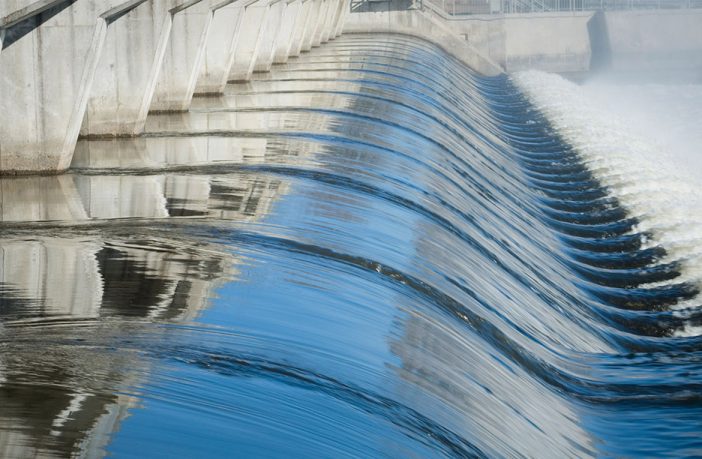- The African Development Bank has approved US$120million in funding to construct the 50MW Malagarasi Hydropower project in western Tanzania.
- The project will provide reliable renewable energy to households, schools, clinics and small and medium-sized businesses in the Kigoma region.
The Malagarasi Hydropower project consists of several components. It features a run-of-river hydropower plant facility plus a 54km 132kV transmission line that will connect the plant to Tanzania’s national grid. It also includes a distribution network expansion operation that includes rural electrification and last-mile connections. Project management, contract administration support, compensation and resettlement of affected persons are also included in the project.
AfDB President Adesina Akinwumi called the approval of the project a “reflection of the Bank’s commitment to assist the government of the United Republic of Tanzania to accelerate its transition to more inclusive and sustainable growth through the production of clean, reliable and affordable electricity.”
Related news: Construction of Tanzania’s 2115 MW Rufiji Hydro Project begins
The bulk ($120 million) of the project’s overall $144.14 million is sourced from the AfDB’s sovereign window with an additional $20 million coming from the Africa Growing Together Fund. This is a co-financing fund with resources from the government of the People’s Republic of China. The government of Tanzania will provide the remaining $4.14m.
The hydropower plant’s expected average annual output of 181GWh will meet the electricity needs of up to 133,649 Kigoma households, bringing the region’s electrification rate more in line with the rest of the country.
According to data from Power Africa, Tanzania’s current electricity access rate is sitting at 32,7% and the east African nation is aiming for 100% access by 2030. Its current installed capacity is 1,504MW, of which 568MW is hydro-electric.
The Malagarasi project is expected to create around 700 jobs during construction. It should cut the region’s electricity generation costs to approximately $0.04/kWh from the current $.033kWh and reduce reliance on greenhouse gas-emitting fossil fuels. The cost of business should also fall because industry would no longer need to maintain costly diesel back-up generators.
The project complements other regional initiatives such as the North West Grid kV Nyakanazi-Kigoma transmission line project, which the AfDB is financing in parallel with the South Korea Economic Development Co-operation Fund.
The hydropower project also directly contributes to the AfDB’s Light Up & Power Africa High-5 development priority, which is being implemented through the institution’s New Deal on Energy for Africa strategy.
Commenting on the project approval Henry Batchi Baldeh, AfDB Power Systems Development Department Director said the project is “one of the flagship physical infrastructure investments in the government of Tanzania’s Development Vision 2025 and Tanzania’s current Five-Year Development Plan, and that it will increase the share of renewable energy in Tanzania’s energy mix.
Author: Theresa Smith
Theresa Smith is a conference producer for Clarion Events Africa.
This article was originally published on ESI Africa and is republished with permission with minor editorial changes.
















